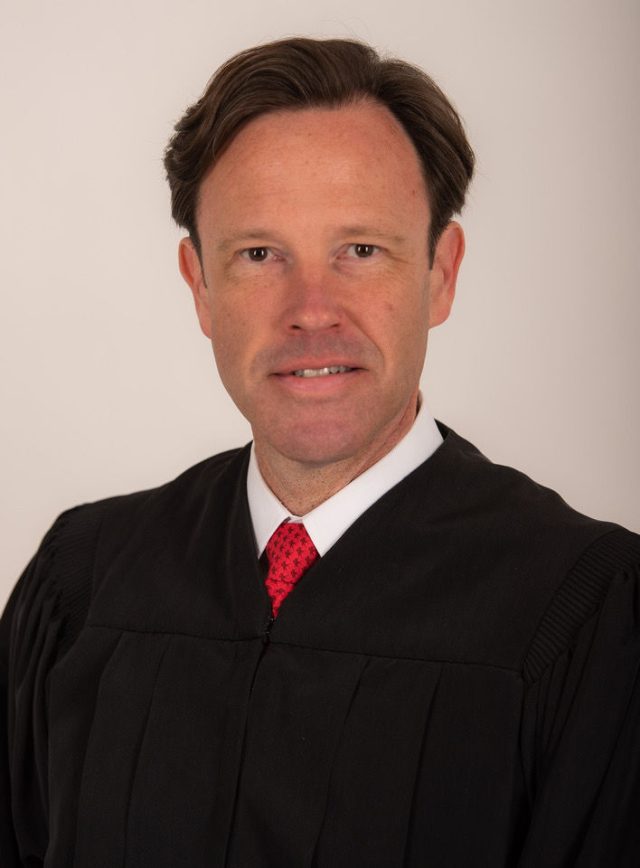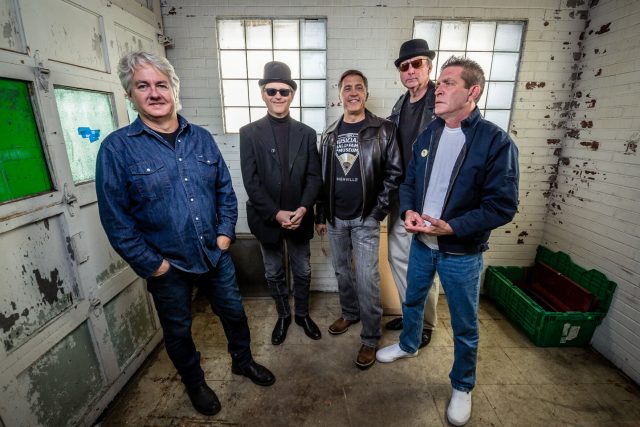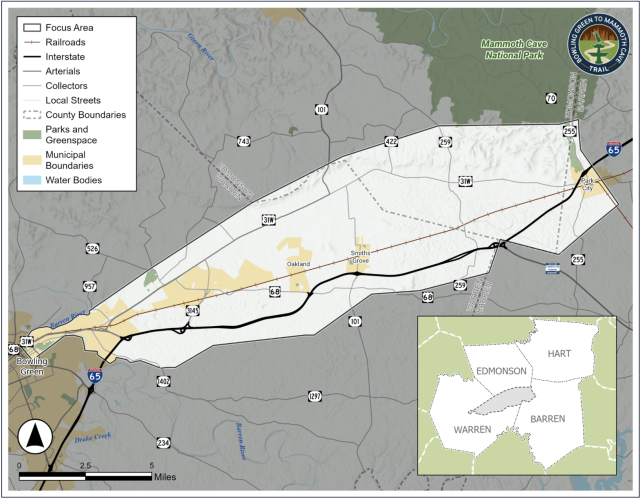Those on frontlines of war on drugs reflect on past, look to future
Published 12:00 am Tuesday, September 30, 2008
Members of the Kentucky State Police Drug Enforcement/Special Investigations branch have been at the forefront on the evolving war on drugs during the last several decades.
DESI had a reunion Friday of about 30 former DESI officers. A primary topic of discussion was the way drug enforcement has changed over the years, said Capt. Deron Berthold of DESI West.
“It used to be the issue was mostly marijuana, so you fought drugs with long hair, a rough appearance and a rough car,” he said. “Today, in western Kentucky, we’re fighting meth using oxygen masks and chemical suits.”
It’s amazing how far society has come and how much things have changed, Berthold said.
David Whitehouse, who worked for DESI West from 1984 to 1988 when it was based in Louisville, said he never thought about wearing hazardous material equipment when he was working cases.
It was 1987 or 1988 before the group made its first large meth arrest, he said. Meth at that time was primarily a drug used by bikers and meth laboratories then were more akin to real laboratories with beakers and professional equipment, Whitehouse said.
“Now someone can use a cooler as a meth lab,” he said.
The DESI office was moved to Bowling Green from Louisville in 1988, said Gary Lugher, the retired captain who was in charge when the office opened.
There was no dominant drug then that DESI investigated, Lugher said.
“We had marijuana, cocaine and meth,” he said.
One of the biggest differences between then and now is the resources available to fight drugs, Lugher said.
“During the 1980s and 1990s, we had a (national) war on drugs,” he said.
DESI was able to focus on larger distribution networks for meth and make arrests instead of having to arrest small individual producers, Lugher said.
One of the most significant cases at that time was a investigation of a marijuana trafficking group that operated over several states, he said.
“We basically brought them to their knees,” Lugher said.
KSP Commissioner Rodney Brewer attended Friday’s reunion as a former DESI officer.
Things were a lot different in the past, he said. DESI at one time did a lot more surveillance and now uses more informants in investigations.
The past members of DESI are the ones who have made the organization what it is today, said Lt. Col. Mike Sapp.
“I travel a lot, and everywhere I go, people ask about how we handle things in Kentucky,” he said.
DESI sets the trends that impact drug enforcement throughout the United States, Sapp said.






